Four years from the lockout laws, what’s the state of Sydney night-life?
AT 1.30am on the February 24 in 2014, the state government’s controversial lockout laws fell on Sydney’s night-life — and four years on, their consequences are still reverberating around the inner city.
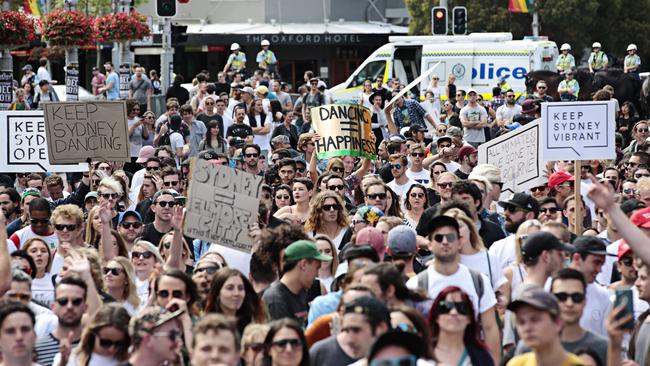
Central Sydney
Don't miss out on the headlines from Central Sydney. Followed categories will be added to My News.
- No Mardi Gras lockout, please Premier
- Stonewall and World Bar have won extension to lockout conditions
AT 1.30am on the February 24 in 2014, the state government’s controversial lockout laws fell on Sydney’s night-life — and four years on, their consequences are still reverberating around the inner city.
Hailed as a solution to incidents of alcohol fuelled violence, patrons in and around Kings Cross, Darlinghurst’s Oxford St, Cockle Bay, the Rocks and Haymarket could no longer enter venues after 1.30am and after 3am alcohol became off limits.
In the four years since, the reception of these restrictions have varied widely. Embraced by the NSW Police, the laws have resulted in a “dramatic reduction in assaults and alcohol-related crime,” a NSWPF spokesman said.
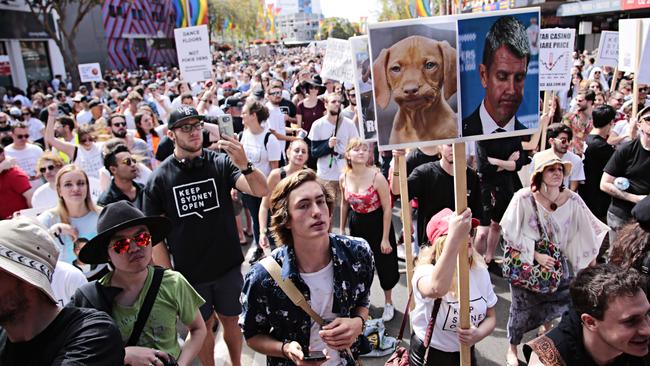
While both Premiers Barry O’Farrell, who introduced the laws, and Mike Baird, who became the face of the laws, have since left state politics, the Liberal NSW government continues to support the restrictions.
“Four years ago, the wider community was sickened by the senseless injury and death,” Paul Toole, Minister for Liquor and Gaming, told Central Sydney. “There was an intense demand for the Government to do something to put a stop to those tragedies. The overall impact has been a significant reduction in assaults in the inner-city area.”

But these responses have been slammed as reductive by local businesses and activist groups, who claim the reduction in crime is simply a result of far less people in the precincts and may have simply shifted the problem elsewhere.
Claude Bereny, who has operated the Beauchamp Hotel on Oxford St since 2005 with his partner Sue Richie, said he would estimate that foot traffic in the area had dropped by 70 per cent as a result of people avoiding precincts which fall under the lockout law restriction zone.
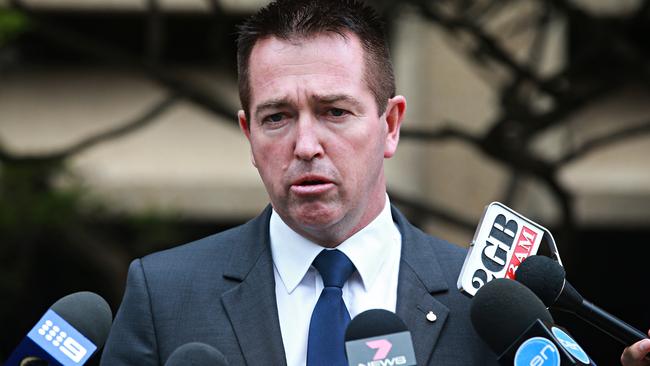
While the Beauchamp Hotel enjoys a solid early trade, and has been able to focus on hosting events as a way of increasing business, a lot of people simply don’t come to the area anymore, he said.
“It’s created an unlevel playing field, it didn’t solve the problem (of crime) but moved from one area to another,” Mr Bereny said.
Last year a NSW Bureau of Crime Statistics and Research report into the effectiveness of the lockout laws, found a displacement of violence from Kings Cross and the CBD to fringe suburbs.
Lockout laws see violence increase in neighbouring areas
The report indicated there had been a 16.7 per cent increase in “non-domestic assaults” in the “distal displacement area” — which includes Newtown, Bondi, Coogee and Double Bay — in the period following the introduction of the lockout laws.
The same report also attributed a 49 per cent drop in non-domestic assaults in the Kings Cross precinct to the lockout and last-drinks laws — but the local liquor accord and Kings Cross police agreed that ID scanners were equally important in contributing to the drop.
Kings Cross Liquor Accord chief executive Doug Grand said it was no exaggeration when businesses talked about the conditions the laws has brought — of the original 35 high risk venues named by the Department of Liquor and Gaming when the laws were introduced, more than 50 per cent have now closed, he said.
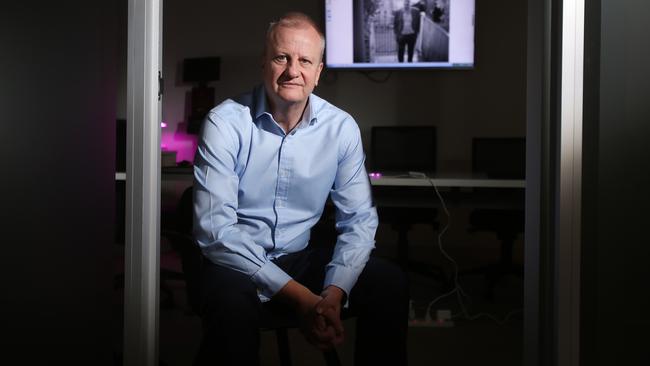
In Darlinghurst, as well as the closure of iconic venues such as The Midnight Shift, the Exchange Hotel, and sex clubs the Love Machine, DreamGirls and Porky’s, a 2015 survey of more than 200 businesses along Oxford St found they had experienced a 31.0 per cent drop in annual turnover.
Liberal City of Sydney councillor Christine Forster has broken ranks with her party to criticise the laws, and is lobbying Premier Gladys Berejiklian to relax the restrictions for next month’s Mardi Gras parade. Keep Sydney Open (KSO), which was formed in response to the lockout laws, has also rallied behind the cause.
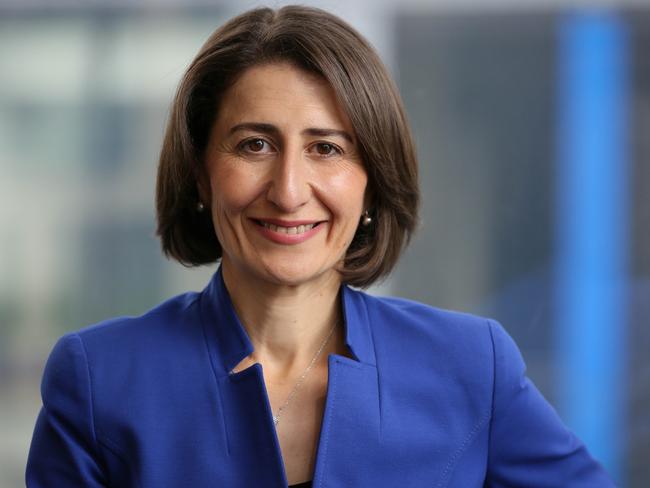
The group will be marking the fourth anniversary of the restrictions by calling on supporters to wear their KSO T-shirts, which thousands wore to rallies against the lockouts, and to change their Facebook profile picture to an image supporting the movement.
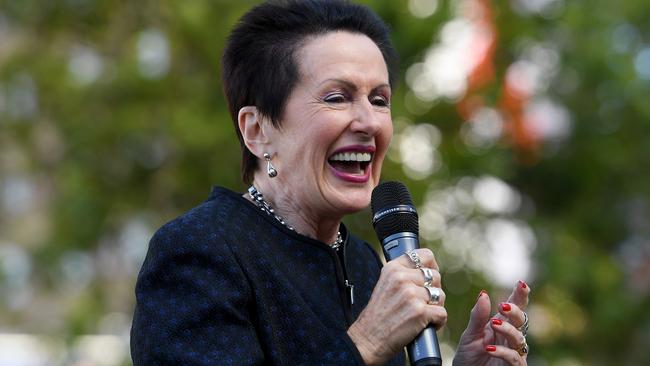
Both Lord Mayor Clover Moore and Independent Sydney MP Alex Greenwich have called for the lockout laws to be relaxed since they were introduced.
“The NSW Government’s lockout laws were a sledgehammer blow to Sydney’s night-life when what we needed was carefully considered and evidence-based policies to ensure a safe and diverse city for all of our residents and visitors. I have strongly advocated for the relaxation of lockout laws in our city,” the Lord Mayor said.
“The state government’s lockout laws have had an enormous effect on our night-time economy and as a result we are taking practical steps to help businesses and venues get back on their feet,” she said.
There has been some relaxation of the lockouts — there are now 27 venues that have live entertainment exemption which allows them to stay open and serve drinks for a further half an hour.
Minister for Liquor and Gaming Paul Toole said he expected the number to grow, with applications currently under assessment, but for now is staying quiet on whether the laws could in the future be removed completely.
